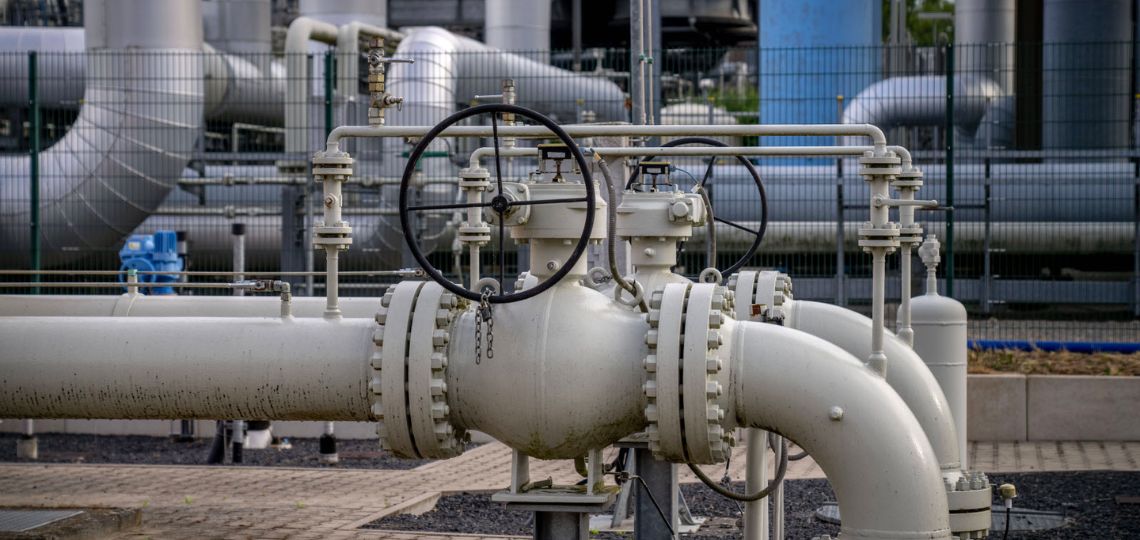The energy crisis continues. Fears of an energy shortage are growing. Thus, EU governments are multiplying strategies to protect citizens and businesses from soaring prices. According to a study by Bruegel, they have affected some 500 billion euros.
The energy crisis is expensive
Gas and energy prices continue to soar. Thus, governments are putting in place many measures. These are designed to limit retail electricity prices. This can be done by reducing taxes on energy or by subsidizing consumers.
In this context of energy crisis, the 27 have allocated 314 billion euros. In Great Britain, the amount reaches 178 billion euros. To this amount, we must add the amount allocated to nationalizations, bailouts or even loans to energy companies. Thus, EU members spent 450 billion euros.
While these measures are meant to be temporary, the strengthening of state intervention is noteworthy. According to Bruegel, this intervention becomes “structural”.
In addition, the think tank warns. Simone Tagliapietra, member of Bruegel, explains:
“This situation is clearly not sustainable from a public finance perspective. Governments with greater fiscal flexibility will inevitably manage the energy crisis better by outperforming their neighbors for limited energy resources during the winter months.”
Uneven spending
In fact, spending to address the energy crisis varies across the EU. Thus, Germany, the largest economy in the European Union, spends the most. While its industrial production is declining, it is multiplying its attempts to save its companies.
Berlin then allocated 100 billion euros. By comparison, Italy spent 59 billion euros and Estonia set aside 200 million euros. In fact, Croatia, Greece, Italy and Latvia are spending more than 3% of their GDP to combat the energy crisis.
In response to this trend, the EU is proposing EU-wide measures. It is then a question of facing the energy crisis by superimposing a coordinated reaction to national measures.






